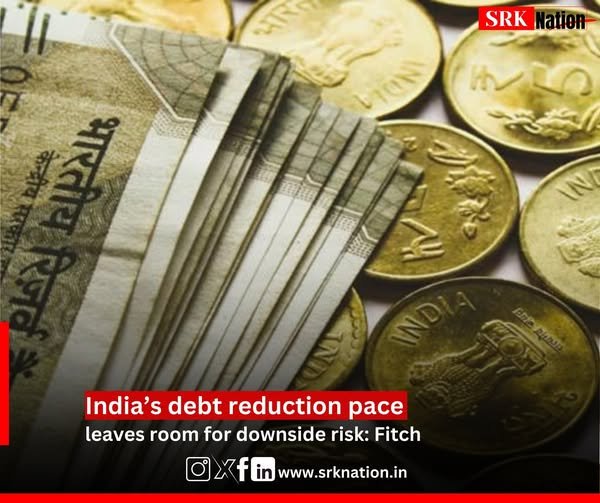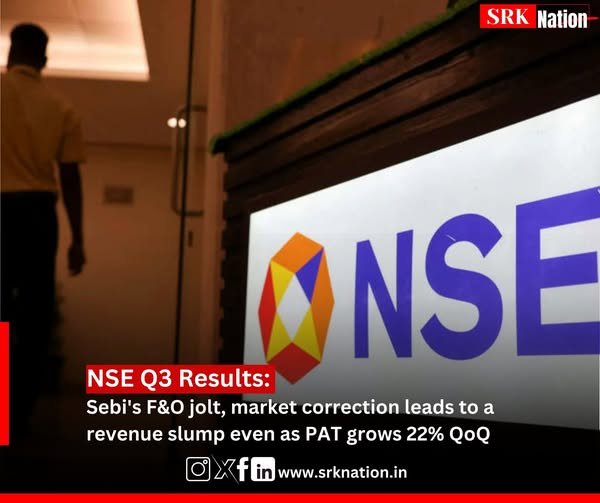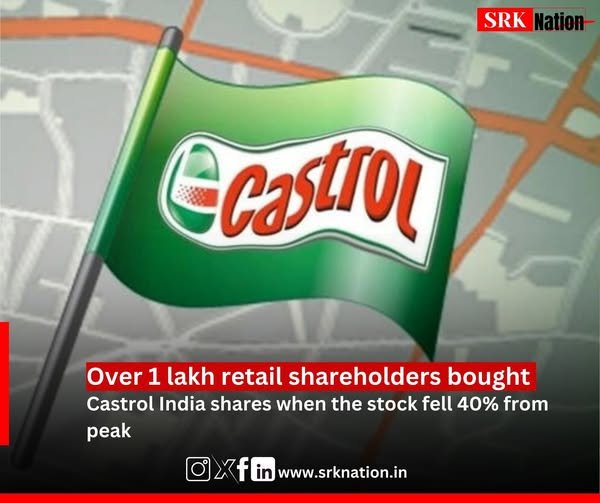India’s derivatives market is feeling the heat from a series of regulatory changes introduced by SEBI, with trading volumes in futures and options (F&O) seeing dips.
Zerodha CEO Nithin Kamath believes these measures are reshaping the trading ecosystem but not necessarily for the better.
“I feel that introducing weekly options was a bad idea,” Kamath said in an interview to NDTV Profit, reflecting on the 2019-20 approval of these contracts.
While they initially boosted revenues, he warns of the long-term instability they bring. “When you look at a 10-year horizon, you don’t want to rely on something that creates temporary gains but then disrupts your business model when the conditions change,” he explained.
Volumes have already fallen by 30%, and with larger contract sizes and the removal of calendar spread margin benefits taking effect in 2025, Kamath expects further shifts. “People who trade futures might move to trading options, and those who short options might start buying them instead,” he said, highlighting the challenges of sustaining profitability in buying options.
The odds of surviving as a trader buying options are really, really low, he told the channel.
Adding to the strain is the increased Securities Transaction Tax (STT), which has unexpectedly hit futures turnover harder than options volumes. “The STT on futures turnover has disrupted the segment significantly,” Kamath noted.
Zerodha’s recent blog post underscores the broader impact of these regulations.
It states that equity turnover has also cooled, returning to levels last seen in late 2023. “Looking back, 2024 was probably the best year for the brokerage industry, and it’s starting to look like the best is behind us,” Kamath remarked, noting that options turnover has already reverted to 2022-2023 levels.
With new SEBI rules limiting weekly expiries to one benchmark per exchange and increasing margins, the regulatory clampdown aims to curtail speculation.
However, Kamath fears these measures could deter traders, disrupting the market further. “These changes are bad for the industry,” he concluded.







